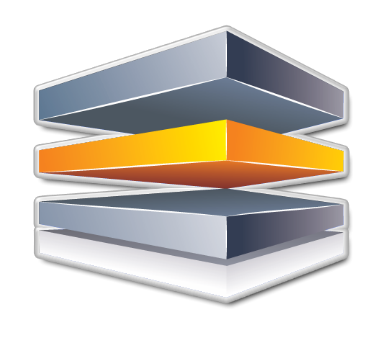The AI, which can recognize complex hand movements and can even detect when people aren’t using soap, was under development before the coronavirus outbreak for Japanese companies implementing stricter hygiene regulations, according to Fujitsu. It is based on crime surveillance technology that can detect suspicious body movements.
“Food industry officials and those involved in coronavirus-related business who have seen it are eager to use it, and we have had people inquiring about price,” said Genta Suzuki, a senior researcher at the Japanese information technology company. Fujitsu, he added, had yet to formally decide on whether to market the AI technology.
Although the coronavirus pandemic and ensuing economic fallout is hurting companies ranging from restaurants to car makers, for firms able to use existing technology to tap an emerging market for coronavirus-related products, the outbreak offers a chance to create new businesses.
Fujitsu’s AI checks whether people complete a Japanese health ministry six-step hand washing procedure that like guidelines issued by the WHO asks people to clean their palms, wash their thumbs, between fingers and around their wrists, and scrub their fingernails.
The AI can’t identify people from their hands, but it could be coupled with identity recognition technology so companies could keep track of employees’ washing habits, said Suzuki.
To train the machine learning AI, Suzuki and other developers created 2,000 hand washing patterns using different soaps and wash basins. Fujitsu employees took part in those trials, with the company also paying other people in Japan and overseas to wash their hands to help develop the AI.
 E-Library & File Box
E-Library & File Box